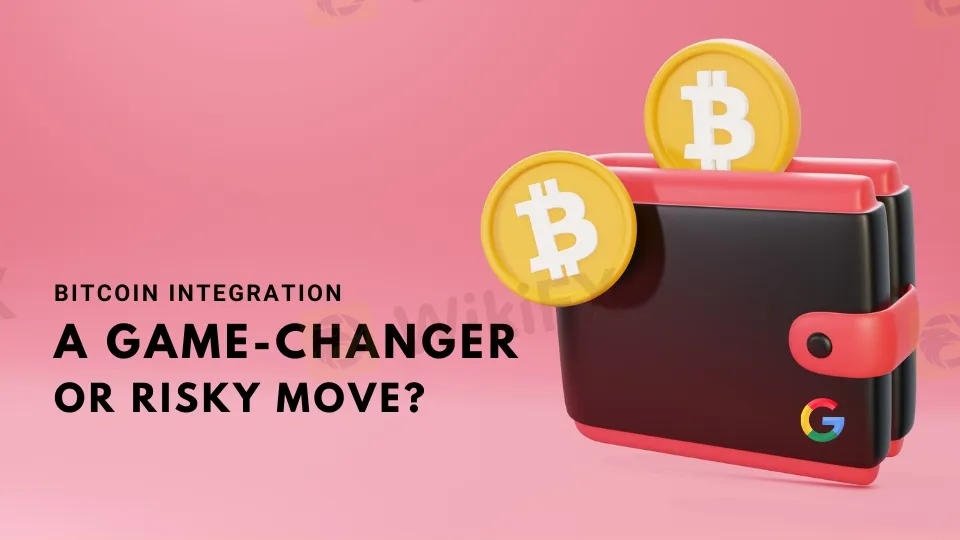Abstract:Google Bitcoin integration blends wallets with Google accounts, stirring security fears and adoption hopes. ZKP encryption aims for privacy.

Google is making a big move to connect regular internet systems with decentralized finance (DeFi) by looking into linking its login tools to Bitcoin wallets. Kyle Song, Googles Web3 expert for Asia Pacific, says this plan is about helping people around the world manage digital money more easily.
At the Bitcoin Tech Carnival in Hong Kong, Song shared that Google is teaming up with major Bitcoin network players. The goal is to let people use their Google accounts to get into their Bitcoin wallets. First covered by bloomingbit.io, this idea mixes the familiar login style of the regular web with Bitcoins independent setup. Google is also studying ways to build trust between online and offline systems, using special zero-knowledge proof (ZKP) coding to boost safety and privacy.

But not everyone in the crypto world is happy about this. Some say tying Google accounts to Bitcoin wallets could bring central control risks and data weaknesses. They worry that if a Google account gets hacked, private money details could leak, creating a big safety issue. Bitcoin expert Pete Rizzo posted about it on X, and many people doubted the plan. Trezor, a top crypto wallet company, suggested users worried about linking emails to Bitcoin stick to offline options. One person even called it a “huge safety risk.”
On the flip side, some think Google jumping in is good for Bitcoins growth. They believe it could help more people use Bitcoin by making it simpler to join in. Fans called it a “huge step” for crypto, saying fewer hurdles could lead to tons of new users.
This news comes as worries about crypto safety grow. Earlier this month, Kaspersky Labs found bad software kits hidden in apps on Google Play Store and Apple‘s App Store. The malware, named SparkCat, scanned photos to steal crypto wallet recovery phrases using text-reading tech. Once found, hackers could take all the victim’s crypto money.
In November, Jamf Threat Labs said North Korean hackers made malware that slipped past Apple‘s defenses. It was the first time this trick broke into Apple’s macOS, though it doesnt hit fully updated systems.
As Google keeps working on Bitcoin wallet links, the argument about safety versus ease heats up. While it could make crypto dealings simpler, it also sparks big questions about keeping user money safe while making it easy to use.











